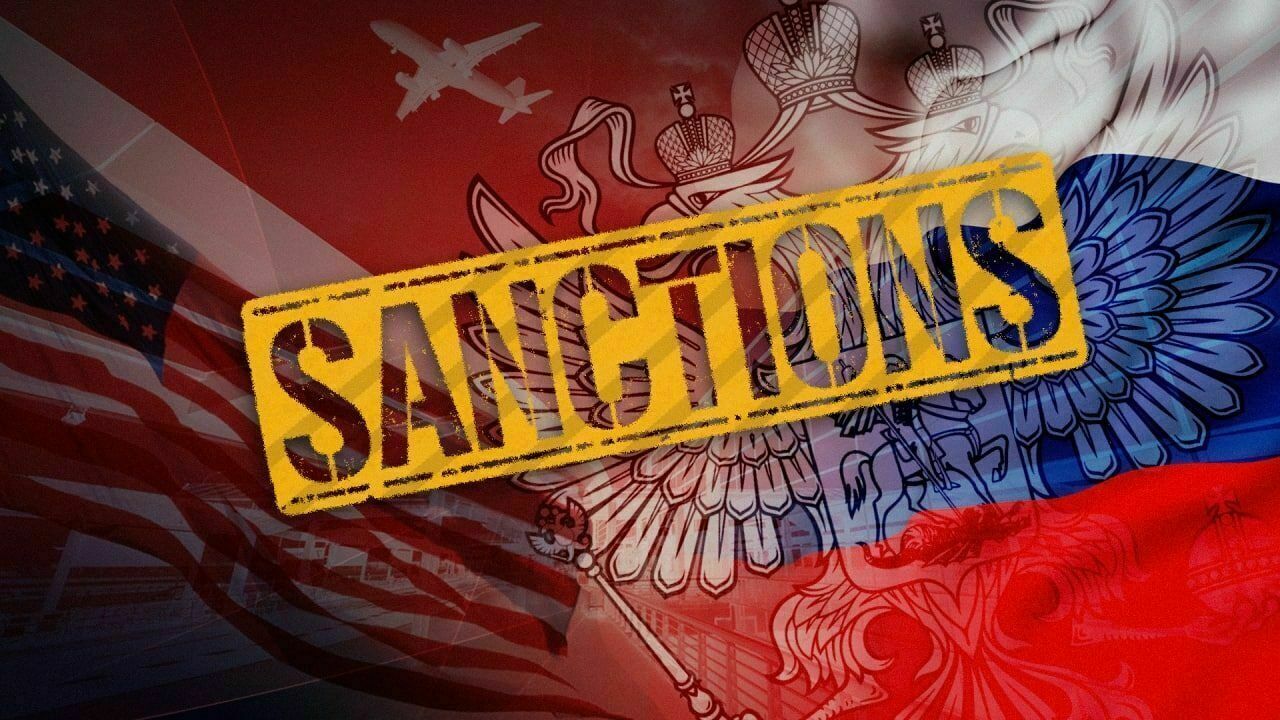Posted 10 февраля 2023, 08:34
Published 10 февраля 2023, 08:34
Modified 10 февраля 2023, 08:55
Updated 10 февраля 2023, 08:55

Sanctions stranglehold: the Russian economy is deteriorating slowly but surely
The Russian budget deficit in January, as you know, amounted to a record 1.8 trillion rubles, and its revenues fell by more than a third, and expenses increased by 58%. These figures force analysts to talk about the proximity of economic collapse. However, journalist Alexandra Prokopenko is sure that the catastrophe is still far away, since oil and gas exports still allow the Kremlin to stay afloat, and the effect of anti-Russian sanctions will not be noticeable soon.
In the meantime, the Ministry of Finance of the Russian Federation explains the fall in the January budget by 35% by a reduction in revenues from the sale of cheaper Urals oil (instead of the pledged $70, it was traded in January at $ 49 per barrel), as well as a reduction in gas exports. However, there are still ways to close these holes in the government – here is the National Welfare Fund and the opportunity to attract loans.
But the increased budget expenditures are associated with a fivefold increase in public procurement compared to last year, when the state generously advanced contracts, while other budget expenditures increased slightly — by only 6%. Since most of the advances were apparently paid in January, it is likely that other expenses will go more evenly throughout the year.
But it is not known for certain what exactly the treasury's expenses have increased, and we can only assume that these are expenditures on defense and security (approximately 9.5 trillion rubles in the budget of 2023). Most likely, this also includes the costs of a new offensive by the Russian army in Ukraine in the coming weeks, rumors about which are circulating in the media and social networks.
In addition, there are also expenses for the development of new territories and the restoration of destroyed infrastructure in Russian regions. Moreover, Putin demands not to skimp on these articles.
It is planned that in 2023 the expenditure part of the budget will amount to 29 trillion rubles., however, if we take into account that in December 2022 as much as 2 trillion rubles of additional expenses have already arisen, then most likely this year the approved framework will be too tight, the expert believes.
Nevertheless, reserves and loans will help Russia to finance the budget deficit for at least another two years.
At the same time, even the probability of a strong budget shock does not particularly threaten either social or military spending (approximately 17 trillion rubles), since they have the status of "protected spending", and only last of all are subject to reduction. The limits of "protected" expenses are calculated from income that does not depend on the commodity situation. Such in 2023 is about 11.5% of GDP (17 trillion rubles). Public sector salaries, pensions and medicines, as well as purchases of weapons and military equipment are prohibited by law from cuts.
The expert believes that the Russian economy entered 2023 stronger than expected due to high prices for hydrocarbons in the first half of 2022, rapid reorientation to Asian markets, as well as the stable operation of the banking system. But in the new year, not all of these factors will work, and first of all – raw materials due to the embargo of the West.
Inside Russia, uncertainty still reigns. Wages are rising in some industries, but consumption has not yet adapted to the new realities of the market and does not look confident. New sanctions risks cannot be excluded either, besides, the impact of the embargo on the supply of petroleum products has not yet been reflected in the statistics. Do not forget that if the West applies stricter export controls, Russia will stop receiving chips and technological products through China and Turkey with the help of proxy firms. And other foreign economic risks are quite capable of reducing export revenue.
Yes, adjustment to the new realities of the economy continues, but a further decrease in export revenues and the restoration of imports will affect the ruble exchange rate, and the most likely prospect will be regressive import substitution, when the lost imported components will be replaced by less advanced analogues (almost two thirds of enterprises have already done so with their equipment). All this means a slow but sure tightening of the sanctions stranglehold, the expert concludes.